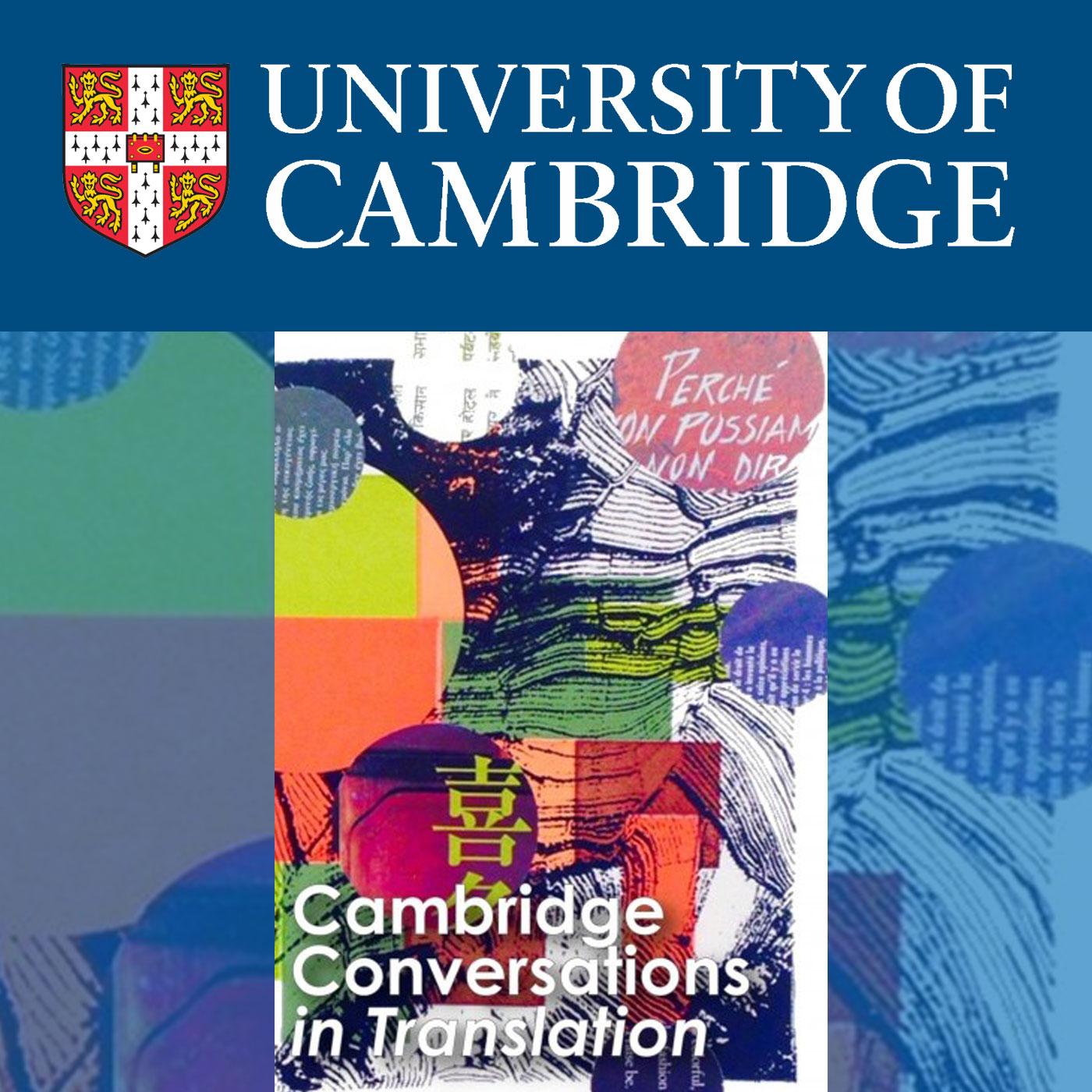Cambridge Conversations in Translation - 10 October 2016 - Translation and Humour (Panel)
Description
Professor Delia Chiaro (Department of Interpreting and Translation, University of Bologna)
Dr Graeme Ritchie (Honorary Senior Research Fellow, School of Natural and Computing Sciences, University of Aberdeen)
Moderator: Dr Marcus Tomalin (English/Engineering, University of Cambridge)
Humour is a universal human trait found across all cultures and throughout history, and one deeply embedded in them. Translating the combination of verbal humour and referential humour, for example, has often been likened to translating poetry: impossible. The imperative of the perlocutionary effect (amusement) complicates matters further, not to mention the fact that, to an extent, a sense of humour is innate and cannot really be learnt. However, the increasing global demand for the translation, or adaptation, of humour in a variety of texts and contexts (literary, film and television, live interpretation, etc.), has produced a growing body of research by scholars and translators from various academic disciplines worldwide (Delabastita, 1996, 1997; Chiaro, 1992, 2005, 2010; Attardo, 2002; Vandaele, 2002; Zabalbeascoa, 1996, 2005, 2016). How should translation render parody when the parodied text is unknown to the foreign audience? If a degree of transgression is inherent in humour, what happens if its target is taboo in the receiving culture? What are the specific ethical implications for the translator? These are some of the questions we will be addressing.
The panel will discuss some of the questions that have emerged from the debate, exploring how the translation of humour has been addressed in different cultures and historical periods from a range of theoretical and practical perspectives.
More Episodes
Olga Castro (Aston)
Moderator: Monica Boria
Gender-based metaphors and analogies have often been deployed to describe the act of translation: the notion of a translated text as a beautiful but unfaithful woman (Gilles Ménage, 1654) and the translator as a violator or usurper of the author’s...
Published 05/23/18
Caroline Summers (Leeds)
Pauline Henry-Tierney (Newcastle)
Jen Calleja (Translator)
Moderator: Monica Boria
Gender-based metaphors and analogies have often been deployed to describe the act of translation: the notion of a translated text as a beautiful but unfaithful woman (Gilles Ménage,...
Published 05/23/18
Jeremy Munday (Leeds)
Delia Chiaro (Bologna)
Moderator: Marcus Tomalin (Cambridge)
Diversity, in its diverse forms, has come to characterise those modern nation-states that advocate the socio-political advantages of cultural and ethnic pluralism – and sociolinguistic diversity in particular...
Published 02/23/18


